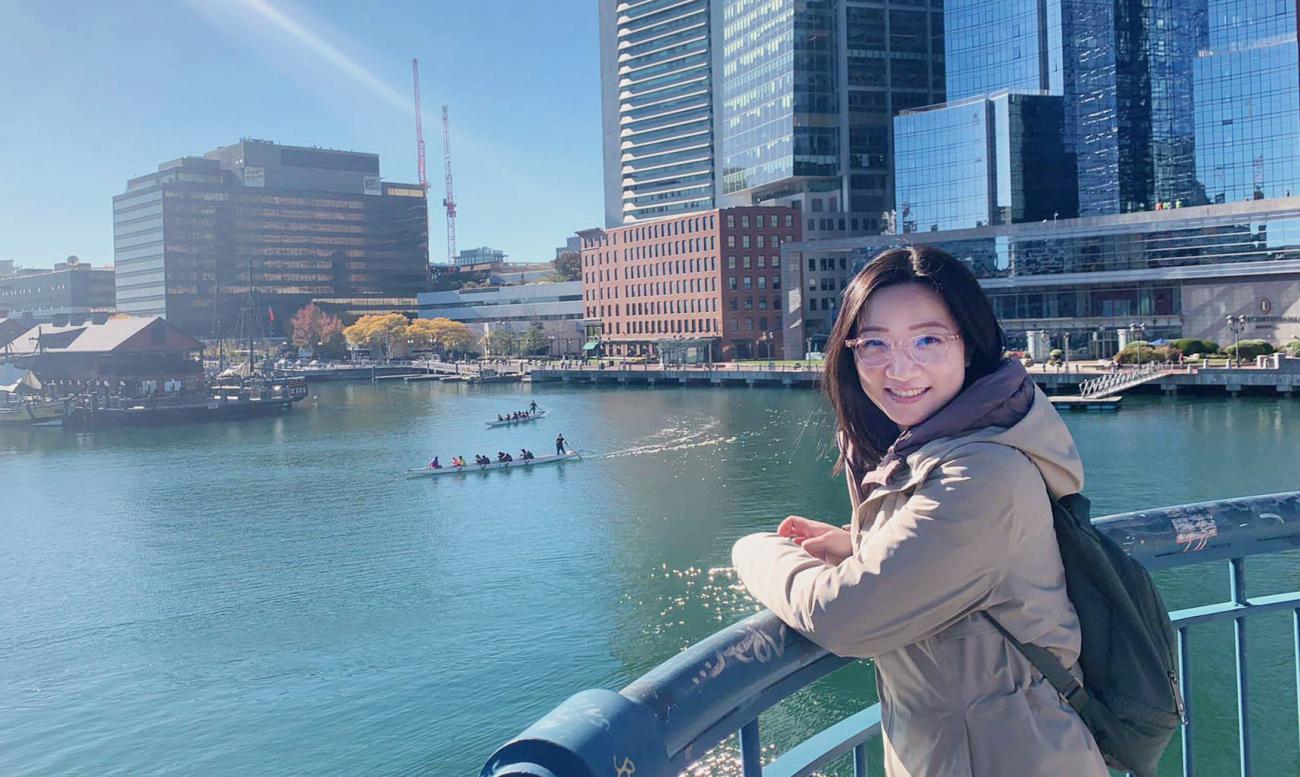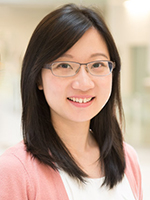
Meet Agnes — An award-winning research manager devoted to supporting the mentorship of students.
Q: What is your role in health research?
A: I am the research manager at the Air Pollution Exposure Lab and a grant facilitator at the Centre for Lung Health. At the lab, our team conducts clinical research to understand the impact of environmental pollutants on our health. My role is to ensure that clinical studies run smoothly and to provide administrative support to the entire lab. As a grant facilitator, I also support researchers with grant proposals, ethics approvals, budgeting and implementation.
Q: What led you to your research area of interest?
A: I began my career studying food and nutrition science, progressing to plant genetics and eventually landing on respiratory medicine. I am fascinated by the intricacies of the human body. Exploring the impact of air pollution on respiratory conditions, such as asthma and COPD, has further deepened my understanding of how vital our environment is to human health.
Q: What is the best part of your research job?
A: The evolution of a project is akin to watching a plant grow from a seedling. It takes a lot of time, effort and hard work, but at the end we get to share the fruits of our labour with the world. Research often involves a lot of repetition and roadblocks, so I have learned to celebrate all milestones, big or small. Throughout the lengthy research process, I also enjoy seeing budding scientists and health care trainees make an impact on the care we provide to our patients.
Q: What is one of the biggest accomplishments of your career so far?
A: In 2021, I was honoured to receive the UBC Department of Medicine Staff Award of Excellence for M&P. I was also recognized with a UBC Science Co-op Supervisor Award in 2023.The news of these nominations was humbling, and I was deeply touched to receive the recognition and support from my peers and colleagues.
Q: What would you do if you were not in health research?
A: My first full-time job was teaching art classes at an after-school program for elementary school kids. If I had not ultimately pursued a research career, I probably would have continued down the early education path to become a kindergarten teacher. It would be exhausting, but also rewarding to plan lessons and help children learn.
Q: What do you do for fun in your spare time?
A: I took up crocheting during the pandemic and have been hooked ever since. I enjoy finding new patterns and searching for the perfect yarn combination to execute the project. My current goal is to use up all my yarn stock before adding more to my ever-growing collection!
Q: What is your healthiest habit?
A: I love sleep! If I am feeling under the weather or having a bad day, allowing myself more time to sleep it off almost always fixes things.
Q: What is a little-known fact about you?
A: I am not a sporty person; but, at one point in my life, I was accepted into a physical education honours program. It was promoted as a leadership program, but the entire class was filled with students who were extremely athletic, so I felt out of my element. Through this experience, I gained greater confidence and learned to broaden my horizons.
Q: Who inspires you?
A: My colleagues are a major motivation for my work. As a long-term member of the lab, I have witnessed many trainees and researchers come and go. It brings me a lot of pride to be a part of their journey and help them achieve their goals. There is a sense of gratification in knowing that I played a role in making their time in the lab more manageable and enjoyable.
Q: What piece of advice would you give to your younger self?
A: I would allow myself to take more risks. I have always followed the rules and preferred to stay in my comfort zone. However, as I have gotten older, I have found that being more adventurous can often lead to new insights and interesting opportunities.



